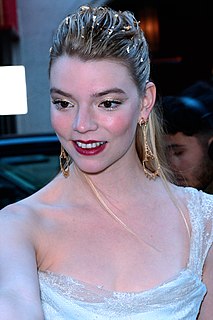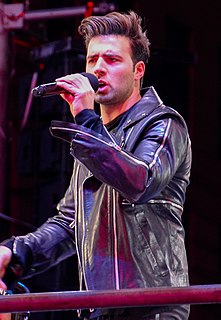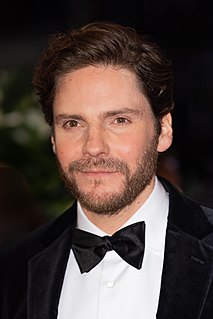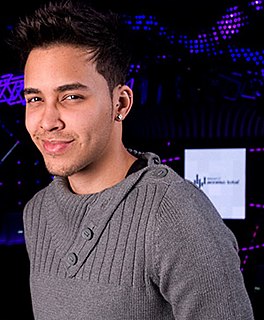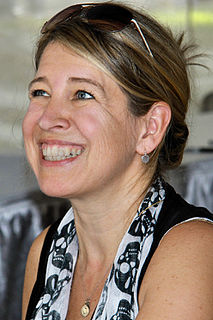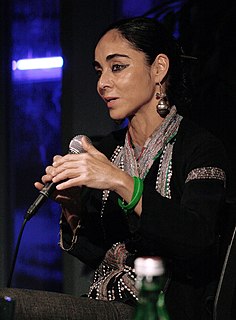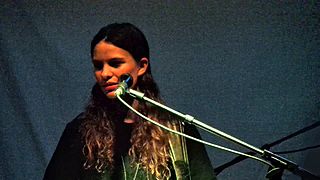A Quote by Anya Taylor-Joy
It was very difficult to leave Argentina when I was kid, so I only spoke Spanish for the first six years of my life.
Related Quotes
You know, I was a kid who had difficulty speaking English when I first immigrated. But in my head, when I read a book, I spoke English perfectly. No one could correct my Spanish. And I think that I retreated to books as a way, you know, to be, like, masterful in a language that was really difficult for me for many years.
When I was 11, I moved to the United States with my two brothers and my mom. We moved to northern New York, up near the Canadian border, from Argentina, and there was nobody there that spoke Spanish, and because there was no internet at the time, not even cable TV yet, I lost the connection with my childhood friends and the culture I had been brought up with for my first decade completely.
I spent ten years in London; I trained there. But because I started in English, it kind of feels the most natural to me, to act in English, which is a strange thing. My language is Spanish; I grew up in Argentina. I speak to my family in Spanish, but if you were to ask me what language I connect with, it'd be English in some weird way.
